Sneezing, coughing, runny nose, aches and pains…..
You know what this means — time to take some pro-active steps like drinking plenty of fluids, resting and reaching for some herbal help. Most health minded people have their favorite supplements for the winter months. Maintaining health during the chilly season has made several herbs household names.
Cold basics
A common cold is incubated for around two days before symptoms start and is most contagious when you have early indicators, such as a runny nose, sneezes, and a cough.
There are over two hundred different viruses that can cause a cold, but Rhino viruses (nose viruses) make up about 30-40% of colds. We can get a series of colds as we become exposed to different cold causing viruses to which we have not yet developed a resistance. Being that colds are a result of viruses, colder temperatures do not give us a cold directly. Spending more time indoors during the winter can help spread infection by breathing the same air as others who may have a virus. Stress has been known to suppress our immune system. Since fall and winter may be the most stressful times of the year, with the start of school, holidays, lots of traveling and socializing, this leaves our immune system potentially unable to handle the increase in viruses.
A viral infection prompts the immune response by activating white blood cells that function as killer cells. The killer cells are responsible for overpowering the infection rather than the production of antibodies. Poor diet, lack of sleep and stress may reduce our immune response and our ability to resist infections.
Adults experience two to five colds per year, and children have an average of four to eight colds per year. It is not fun to be sick, and most of us cannot afford to miss too many days at work or school. Many wonder what healing alternatives are useful to ensure winter health.
Natural cold care
There are findings that some herbs, such as echinacea, garlic and olive leaf, may help prevent the onset of cold symptoms or shorten their duration. Typical cold medicines only offer relief from symptoms and do not counteract the virus or assist our immune system in getting rid of the infection. It is estimated that at least one third of the population in the United States uses alternative medicines. In Europe, herbs are part of standard health practices. The popularity of herbs for cold maintenance may be due to the public perception that conventional medicine has fallen short. Since a cold will usually run its course in a week or two, most people make their own decisions about how they want to treat it without consulting a doctor. Herbs are easy to use, no prescription is needed, and there is plenty of information on how effective they can be. Here are a few helpful herbs:
Black Radish and Parsley™
In traditional folk herbalism, both of these herbs are treasured for their ability to maintain healthy fluid and mucus secretion; soothe the lungs, throat and nose; help fight infection; dislodge toxic metals in the kidneys; and support healthy digestion, elimination and purification. Traditionally it was thought that mucus accumulations resulted from poor digestion and sluggish elimination, which created a backlog of toxins. When an infection occurs, there is an additional load of toxins created by the body from fighting the infection.
Echinacea
Echinacea has long been recognized by the Native Americans as a versatile, medicinal herb used for coughs, colds and sore throats as well as having many other uses. Research has found echinacea to stimulate phagocytosis, the process in which immune cells defeat disease-causing organisms such as bacteria and viruses. Echinacea escalates the number and activity of immune cells in a non-specific way. It fights all outside invaders instead of specific ones, giving the body overall protection. Both Germany and England officially recognize echinacea for its effects on viral and bacterial infections and as supportive therapy for colds and respiratory infections.
Garlic
Garlic is thought to help prevent common wintertime infections due to its antiviral, antibacterial action. Several of the compounds found in garlic’s complex chemistry have been shown to have broad-spectrum antimicrobial activity, antiviral and antiprotozoan activity. Allicin is an excellent antioxidant compound, which limits the damage caused by excess oxidizing agents. Garlic has been traditionally used to fight off and treat the symptoms of the common cold and studies offer verification of its medicinal properties. Research suggests that people are far less likely to get a common cold when taking a garlic supplement each day than those who do not.
Olive Leaf™
Olive leaf’s use as a medicinal herb goes back over 2000 years. Research has shown oleuropein, an active flavonoid compound in the leaves, fruit and bark, to have excellent resistance to a wide variety of viruses, as well as bacteria, fungi and microbes. It has become a popular supplement due to its effect on common winter conditions. Traditional folk literature and recent research credits olive leaf with a wide range of actions to help fight infections and to generally cleanse and regulate the system. Hanna Kroeger combined olive leaves with yarrow as a synergistic complement to the formula. For centuries, folk healers have used yarrow to regulate fevers and mucus secretion.
Herbs in Combination
While single herbs are quite effective, combinations of herbs can provide a deeper, multidimensional approach to maintaining health. There are many healing systems that employ the balancing of herbs for optimal usage on a physical and energetic level. Here are some wonderful formulas created by Hanna Kroeger:
Lung Formula™
Designed by master herbalist Hanna Kroeger, Lung Formula is a shining star during the fall and winter. A combination of garlic, rose hips, rosemary, echinacea and thyme, this combination offers the warming properties of garlic to balance out the cooling of echinacea. Rosemary is another well-respected, antiviral and antioxidant herb and has traditionally been utilized for lung health, as well as garlic, echinacea, rose hips and thyme. These herbs have been thought to clear phlegm and upper respiratory congestion, and relieve coughs. Rose hips are a great source of vitamin C and provide antioxidant protection like the other herbs in the formula.
INF Blend™
INF Blend is a unique combination of herbs, used for warding off the discomforts of colds and flu. Some best loved herbs for colds are in this formula: chamomile, capsicum and eucalyptus. Lemon peel is used in folk herbalism to increase the energy and efficiency of the liver and spleen, two key organs in our ability to resist infection. Naturopaths are fond of recommending lemon peel for its reputed content of bioflavinoids and vitamin C. Coltsfoot, wahoo and yerba santa are traditional Native American lung tonic and expectorant herbs for coughs and congestion. According to folk literature yerba santa, chamomile and capsicum increase sweating and open pores for breaking fevers. Thyme and mugwort are favored in European traditional herbalism for minor infections and the sluggish liver and poor detoxification that often accompanies them.
Wintertime health may be the most common application of herbal supplements and alternative health care due to the widespread need for help. The change of weather is a good reminder to start a program to maintain optimal health. There are lots of great herbs for wintertime health and sharing personal experiences among friends has been a great way of learning about helpful products. Remember, to ensure the purity of a product, look for those made without excipients, flowing agents and harmful solvents. Prevention is the key to winter health and herbs can be a great ally along with healthy food, lots of liquids, resting and other necessary lifestyle adjustments. Be sure to have plenty of herbs in your cupboard this winter!
From fall 2001 Herbal Insights



Leave a Comment
You must be logged in to post a comment.